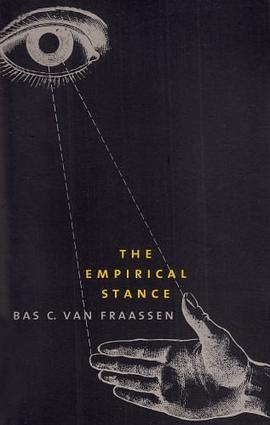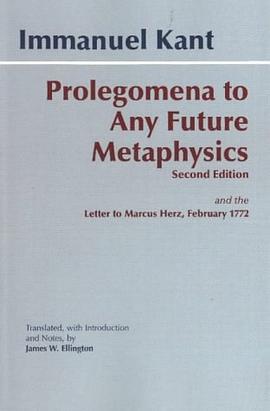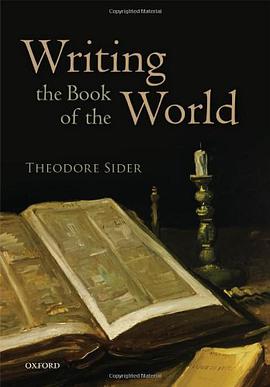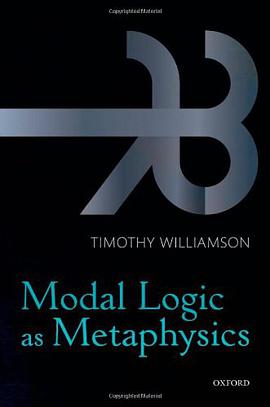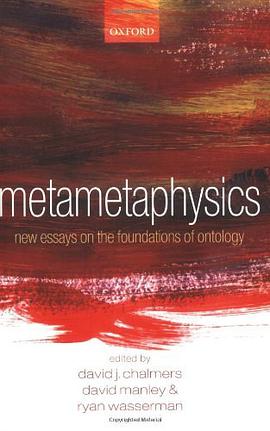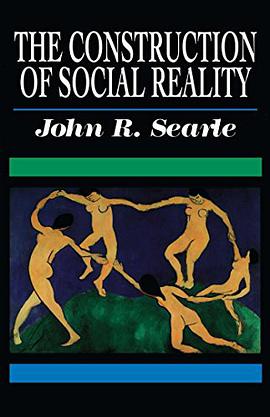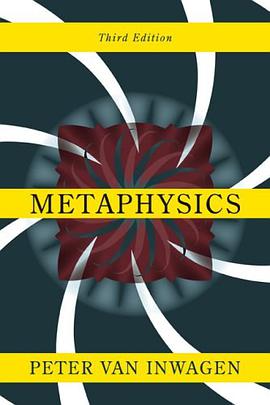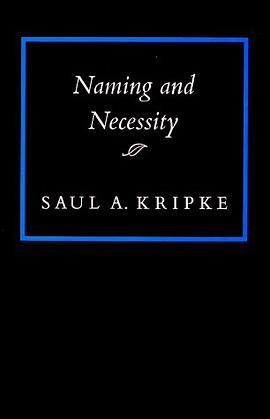The Empirical Stance 豆瓣
作者:
Bas C. van Fraassen
Yale University Press
2004
- 3
What is empiricism and what could it be? Bas C. van Fraassen, one of the world's foremost contributors to philosophical logic and the philosophy of science, here undertakes a fresh consideration of these questions and offers a program for renewal of the empiricist tradition. The empiricist tradition is not and could not be defined by common doctrines, but embodies a certain stance in philosophy, van Fraassen says. This stance is displayed first of all in a searing, recurrent critique of metaphysics, and second in a focus on experience that requires a voluntarist view of belief and opinion. Van Fraassen focuses on the philosophical problems of scientific and conceptual revolutions and on the not unrelated ruptures between religious and secular ways of seeing or conceiving of ourselves. He explores what it is to be or not be secular and points the way toward a new relationship between secularism and science within philosophy.
